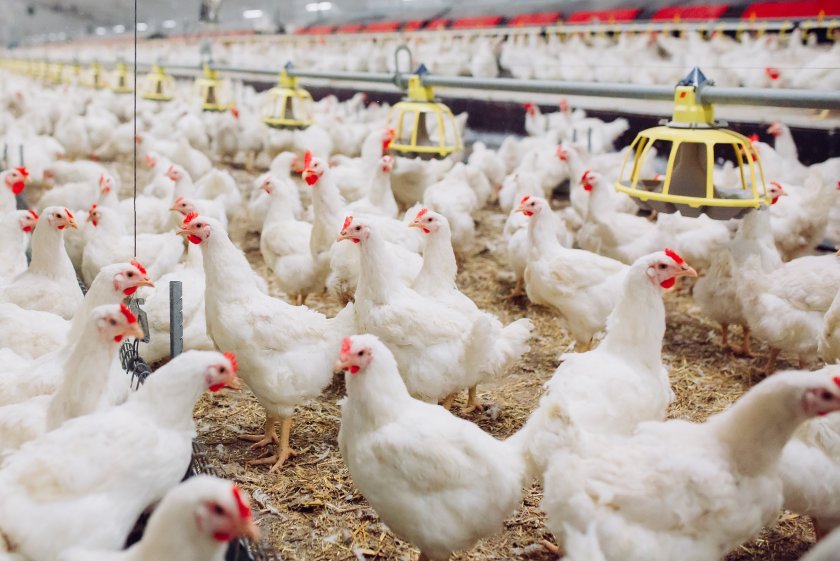
The UK's four farming unions have called for the Energy and Trade Intensive Industry scheme (ETII) to be extended to include horticulture and poultry production.
From April 2023, the scheme will provide high level energy relief to a number of sectors including food processing and manufacturing.
However, it currently excludes primary agricultural production, despite energy being a critical source within food production.
The unions warned that when the Energy Bill Relief Scheme changes at the end of March, higher energy costs would be 'a major challenge for all farmers'.
However, the situation would be most acute for the poultry and horticulture sectors, the NFU, NFU Scotland, NFU Cymru and Ulster Farmers' Union (UFU) said.
“Poultry producers are reliant on gas and electricity to rear poultry and store fresh produce safely and will struggle to absorb the huge hikes in energy prices," said UFU president David Brown.
"Horticulture’s exposure is significantly greater for gas for glasshouse heating, but also electricity used for lighting and chilling freshly picked produce.
"The apple sector being a notable example and how they use their cold stores to produce the high-quality food consumers enjoy.”
The unions' letter expresses that if the scheme is not amended to provide a higher level of relief, domestic food production may decrease, posing a longer-term risk of consumer food price inflation.
It could also have a negative effect on the thousands of supply chain businesses that are sustained by the farming sector.
The four UK farming unions are currently awaiting the publication of further guidance on the STII scheme.
"Our members have been hit hard in recent times with soaring input and energy prices and they’ve been exhausting every avenue to sustain their family farm businesses," Mr Brown said.
"Neither farmers or processors can produce food meeting extra energy prices, without receiving a fair return from the marketplace.
"This would have the potential to impact local food security and would be detrimental for our farming families,” he warned.
